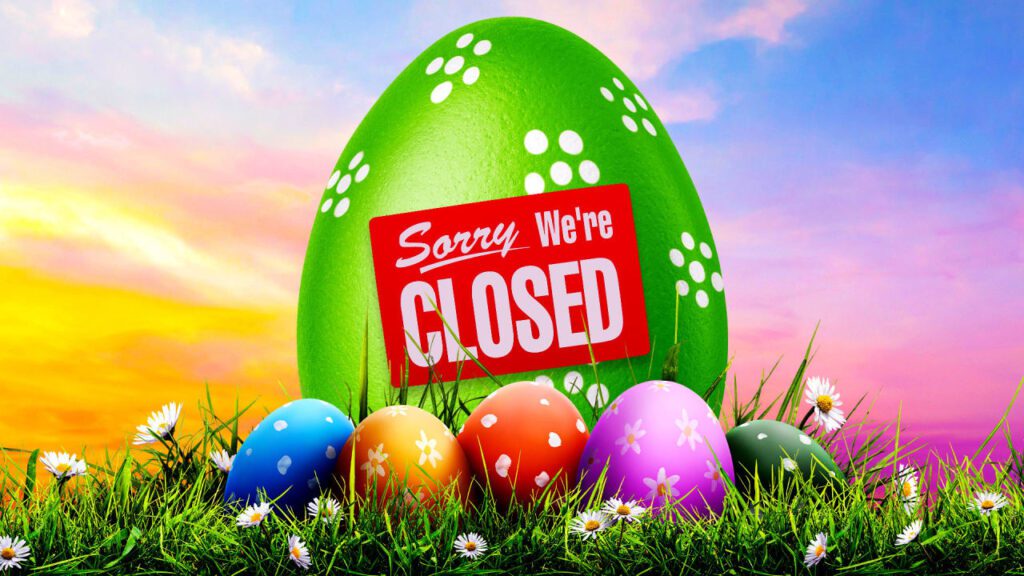Never underestimate the news media’s ability to amplify the mundane with urgent-sounding headlines.
If you follow the twists and turns of the retail industry as closely as we news-watchers do, you may have noticed recently that the simple act of closing for the Easter holiday has been rebranded as a “retail blackout.” If you’ve been at all confused by this oversold terminology, here’s a brief explainer to help break it down:
What’s happening?
Over the last week or so, a number of news organizations—mostly from outside the United States—have reported on a so-called “retail blackout” that is set to take place on Sunday, April 20, which is Easter Sunday.
Easter is a major holiday that is celebrated by billions of Christians around the world. The so-called blackout merely means that some retailers are closing in observance of this major holiday.
So this is a new thing?
Not at all. Retailers have long closed for Easter and other major holidays. In fact, if you dig into the lists for 2025, you’ll find that they haven’t changed that much in recent years.
For example, Target, Costco, and Sam’s Club are closing on Easter 2025, according to USA Today (which, we should point out, did not use the term blackout). Those same retailers also closed on Easter in 2024 and 2023. Conversely, retail giant Walmart tends to stay open on Easter as it will again this year.
Why are articles referencing an Easter “blackout” then?
Probably because it sounds more exciting than just saying that stores are closing on Easter. However, we haven’t seen any retailers themselves refer to closing for the holiday as a blackout.
As far as consumer activism goes, there have been legitimate attempts at economic blackouts this year—most notably in February, when consumers stopped buying things for 24 hours in protest of rising prices and corporate greed. But none of the articles linked to here are referencing any specific activist movement.
Who started this and is it a terrible thing?
That depends on how you feel about clickbait. The information in the articles is actually quite useful if you care about which stores are open and closed on Easter, which a lot of people do. The justification for using exaggerated terms to describe relatively ordinary occurrences is always going to be subjective.
As for where this all started, it’s not totally clear which outlet was the first to do it. A reverse-chronicle search on Google News reveals that some outlets used similar terms last year too.


